Artificial Intelligence (AI) has been around since the 1950s, and accountants and financial experts have used technology to optimise their services for decades. However, digital transformation has accelerated the development of AI in recent years. The huge data output generated by internet use has radically changed how businesses operate and AI is making a tremendous impact in the finance and accounting sectors. This article considers AI’s role in accounting and the financial sector and how it has disrupted the industry. Check out some exciting opportunities in accountancy and finance at Accelerate Recruitment in Malta.
What is Artificial Intelligence (AI)?
Artificial Intelligence is the development of computer systems and robots to perform jobs that require human intelligence, like visual perception, speech recognition, data interpretation, predictions, and language translation. AI systems are capable of reasoning, problem-solving, generalising, and learning from past experiences – all traits associated with human intelligence.
What Advantages has AI brought to Accountancy and Finance Departments?
AI is transforming how businesses and financial services are solving accounting problems. Potentially its implementation will improve the financial results of companies and governments and help manage how funds and resources are allocated to generate more profits. Ultimately this will lead to more transparency and accountability within companies. Consider the following benefits of AI within the accountancy and financial sectors:
Automation of repetitive tasks
Automating rote tasks has improved efficiency within accounting and reduced incidences of human error. AI tools can generate and track invoices and match purchase orders with bills. They can create accurate reports, upload files, manage payroll, and analyse financial data, reducing accountants’ workloads and speeding up processes. Improved efficiency and error-free processing are key for productivity and boosting client relationships.
Supplier onboarding
AI applications can access suppliers’ credit scores and tax records before selecting them. This reduces costly mistakes and loss of revenue. AI tools, with their automated processes, have the capacity to reduce bureaucracy and the paperwork often involved in purchasing and procurement.
Make predictions
AI can create accurate reports quickly but also learn from the data and make financial predictions and forecasts based on it. Advising clients on their finances and investments and forecasting financial statements is now one of the most valuable services an accountant can offer a business.
Identification of fraudulent behaviour
AI can flag up accounts that have issues and categorise accounts quickly. These aspects benefit auditors since AI tools can carry out ‘full’ audits accurately without engaging additional resources. They have the capacity to spot anomalies and identify patterns associated with fraud, thus supporting compliance and minimising loss of revenue.
Virtual Assistants
Virtual assistants can be a great solution for busy accountants during peak times. Smart assistants can provide clients with essential information on their finances such as their account balance, financial statements, and tax returns. Simple virtual assistants might be in the form of chatbots that recognise and respond to text or recognise speech patterns and respond accordingly.
Categorisation of transactions
AI can identify transactions and assign them to the correct ledger account. This practice will save time and increase an accountant’s productivity.
Optical Character Recognition (OCR)
This development means OCR software can now recognise specific document types like invoices, receipts and purchase orders and decipher the numbers to extract the relevant data. OCR is valuable in improving expense tracking and is adept at highlighting transactions that breach company policies.
AI can facilitate the filing of tax returns
AI can swiftly identify the relevant information from documents and create tax returns. This improves efficiency and compliance.
Cloud computing
Cloud technologies enable accountants to easily access cash flow, transactions, and calculations 24/7. Data can be collated and made accessible from anywhere. It offers cost-effective data storage solutions and has a sophisticated security system. AI-enabled cloud accounting lets accountants access big data, glean clear insights, and make informed financial predictions.
Data Processing
AI is capable of accurately processing vast amounts of data. It will pick up on historical financial trends and consider every aspect of financial legislation. AI systems are highly capable of perceiving patterns and trends in data that humans might overlook.
Technological developments mean AI tools are now adept decision-makers. Their decision-making processes are objective and free from cognitive and social biases. They provide valuable insight from the huge volumes of available data.
How can accountants implement AI?
While AI offers manifold benefits to the accountancy sector, it can supplement but not replace the role of accountants and financial experts. Although AI tools and software systems have mastered language skills, they do not have the communication skills essential for forming solid business relationships. AI can make predictions and forecasts, but it lacks the facility for critical thinking.
Ultimately AI will create further opportunities for accountants and financial experts. There is a huge demand for IT-focused employees specialising in implementing software and technology and data analyst business consultants. AI has the potential to free up accountants to work on tasks that need creativity and critical thinking.
The future accountant’s role will involve a greater understanding of clients’ needs and the capacity to tailor the financial analysis to meet their needs. The accountant will adopt a more advisory role.
Learning and implementing AI?
To remain competitive as an accountant or finance professional, you need to embrace the changes and consider AI development as a chance to develop highly sought-after services. Companies and clients will need advice on AI and financial decisions and investments in this modern context. Now is a good time to start learning about AI technologies.
There are a lot of webinars, accredited courses, and summaries available online. A comprehensive understanding of AI has become essential in the sector today. While AI facilitates the auditing process and gives access to detailed financial information, an auditor needs to know how to assemble the data and synthesise it to offer the best possible financial advice to clients. Moreover, AI will always need scrutiny and human supervision.
Within a company, identify areas where AI can be most beneficial. Introduce AI in stages to address pain points and assess its effectiveness. Start with one or two simple projects that might benefit from AI and build on them.
If you are interested in developing a career in accountancy or the financial sector in Malta, the European hub of IT development now is an exciting time to come on board. Have a look at our latest finance and legal career opportunities and give us a call if you are interested.

